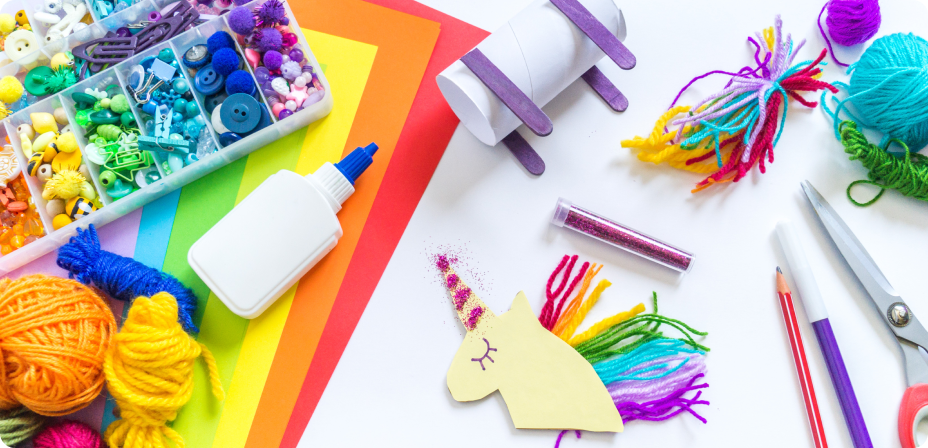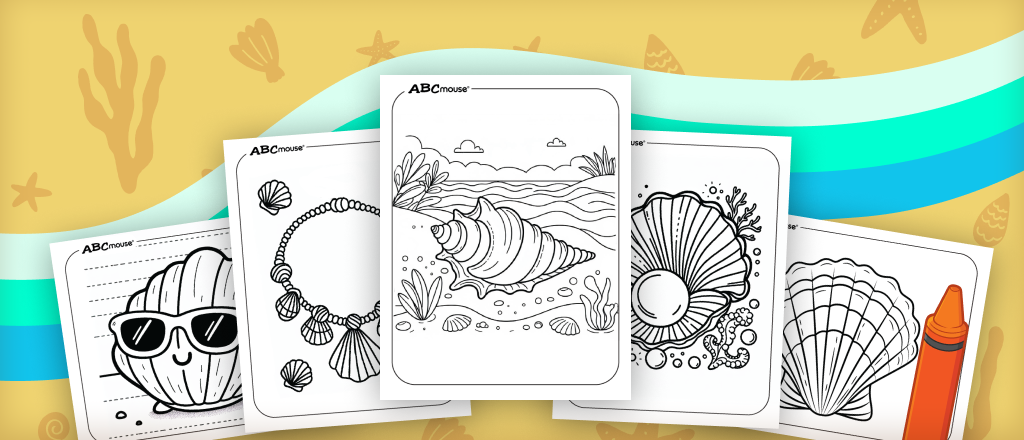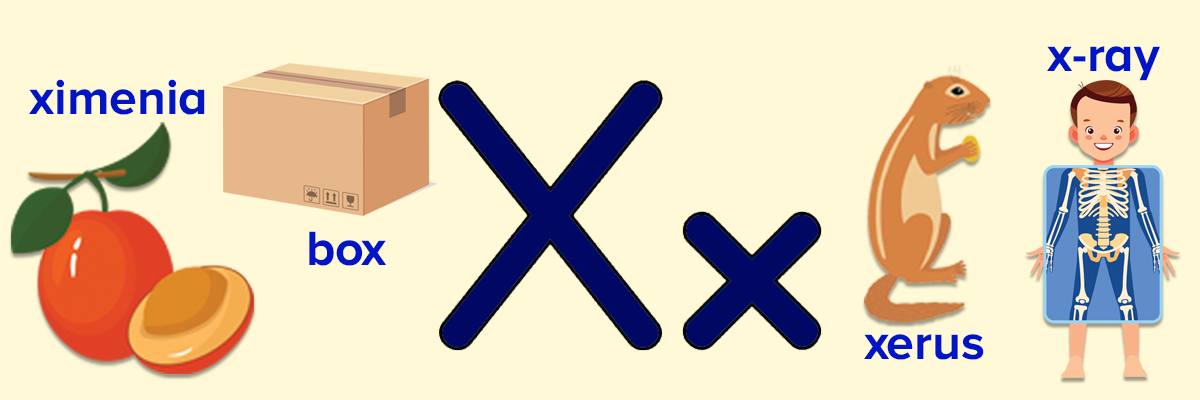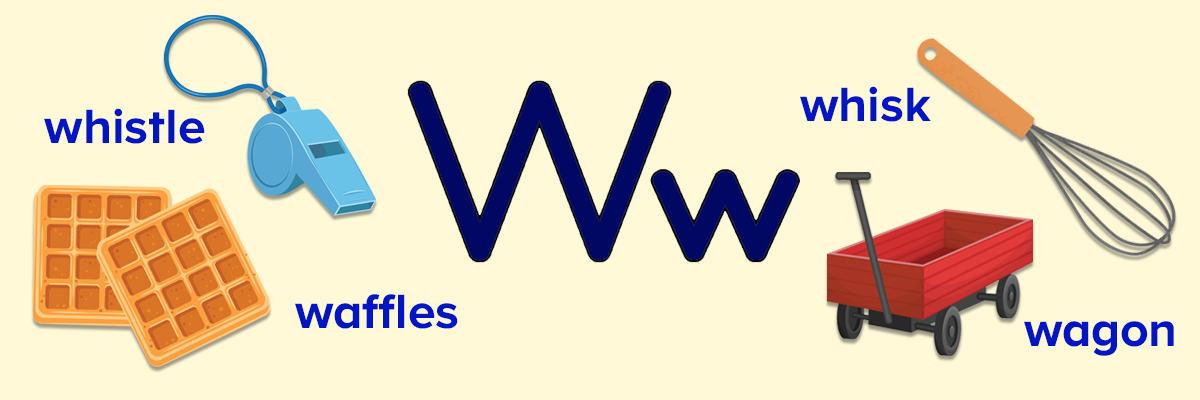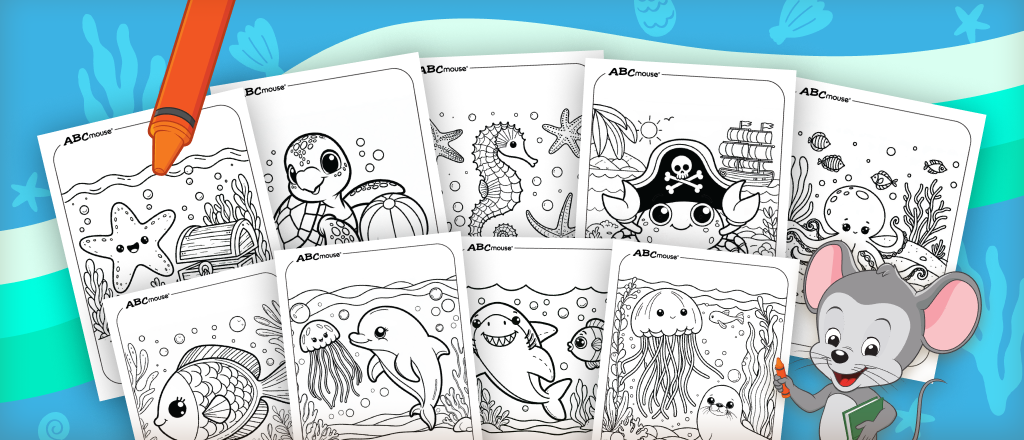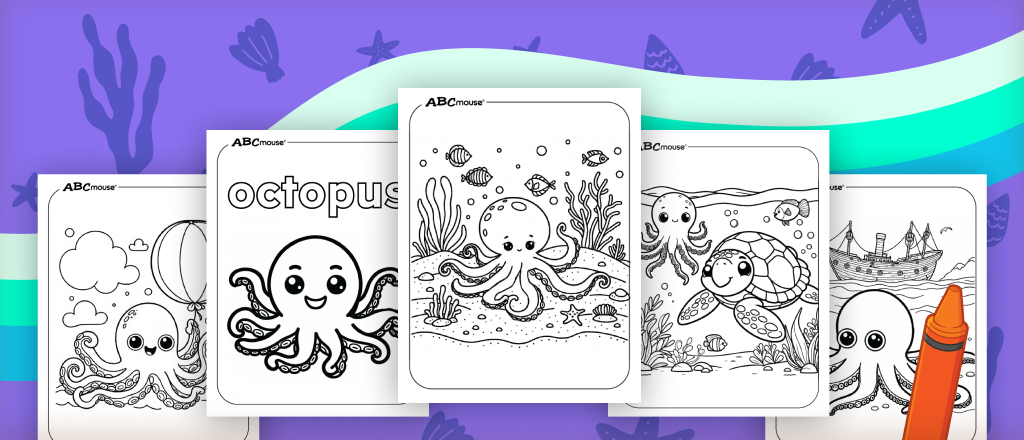Blend Educational Games into Your Kindergartener’s At-Home Learning

Adding online educational games with traditional learning activities can create a well-rounded educational experience for young children, as it brings variety to their learning. When new material is presented to children in different ways, they have multiple chances to connect with it, increasing the opportunities for them to understand and remember what they’re learning.
Research has demonstrated the benefits of integrating online educational games into learning for children. For example, in this study from ABCmouse, kindergarteners using an online learning platform featuring educational games experienced a 33% improvement in literacy skills and a 48% increase in math skills.
These results are compelling, and parents looking for ways to boost their own kindergartener’s learning may want to consider adding digital learning games to their child’s educational resources.

Tips for Weaving Digital Games into Your Child’s Learning
Here are a few practical tips for parents looking to incorporate online games into their child’s learning routine, which can enhance both school-based and at-home education.
- Align Games with Educational Goals
Choose games that align with the educational goals you or your child’s school have set. For instance, if your child is working on their counting or cardinality skills at school, select games that emphasize these same skills. This reinforces what they learn in class and provides them with another platform to practice new skills.
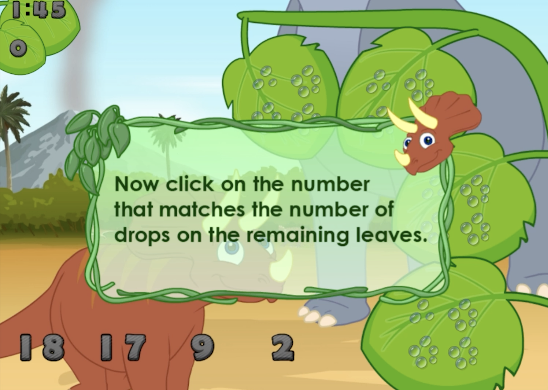
For example, in the online learning game Dinosaur Chomp, children need to pick out the leaf that has a different number of water droplets on it than the others and feed it to a baby dinosaur. This is a great game for practicing counting skills as children must count the water droplets on every leaf.
- Set a Balanced Schedule
Although your kindergartener will be working with educational games online, it’s still important to balance time with various learning resources. Integrate these games into a daily routine that includes varied educational activities.
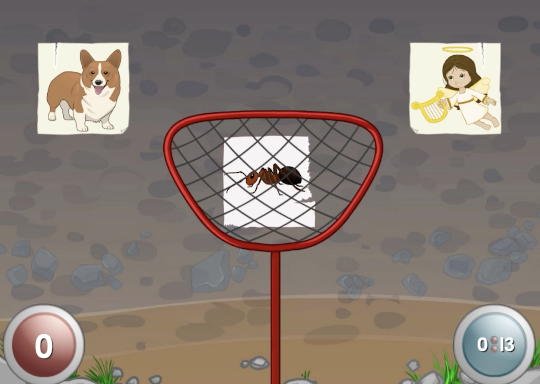
Consider including some digital game time as a fun way to unwind after school or as a reward for completing homework. Keep in mind that many educational games designed for kindergartens are short, and quick, such as Lake Cleanup, where children can practice learning ending sounds in just minutes while virtually scooping requested items out of a lake based on their ending sound.
#1 Downloaded Kids’ Education App in the U.S.
The ABCmouse app has so much to offer! You and your child will find 10,000+ games and activities designed by curriculum experts to nurture math and reading skills, along with an extensive digital library and so much more. Our research-back curriculum focuses on preschoolers through second graders.
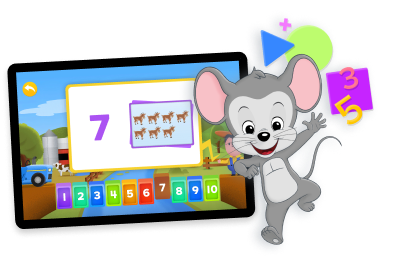
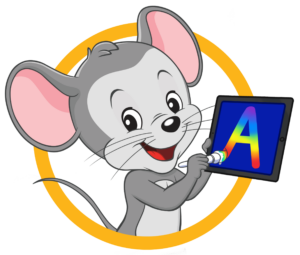
Then just $14.99 a month until canceled
- Use Games as Supplementary Tools
Use educational games as a supplement to traditional learning materials like the books and worksheets your child may be using at school or at home.
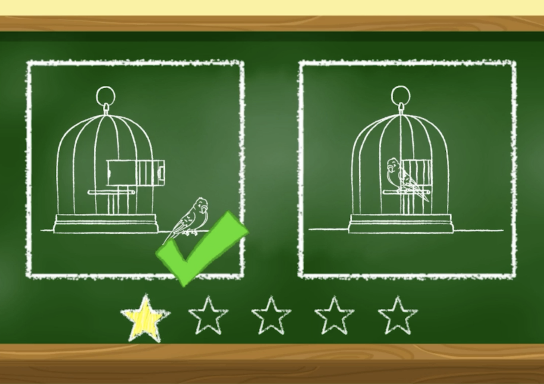
For instance, if your child is learning the concept of opposites, find games that can help grow this understanding, such as Chalkboard Word Pairs: In and Out, which lets children practice their critical thinking skills as they reason out which image represents objects that are “in” or “out.”
- Look for Games that Use Critical Thinking
Games that require children to think critically can help bolster their problem-solving abilities as they practice essential skills, such as improving reading comprehension. Critical thinking games may require children to solve puzzles or pick an answer from multiple scenarios or options.
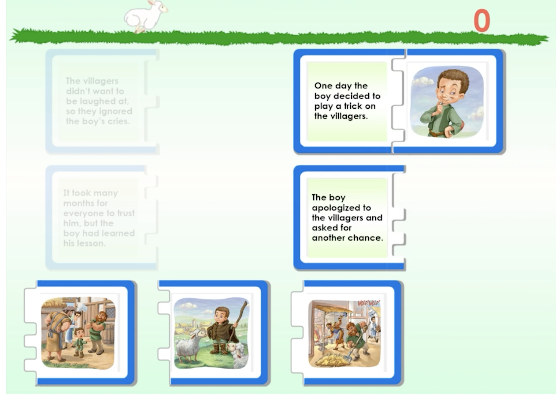
An example of a critical thinking game is The Boy Who Cried Wolf, in which children will see and hear sentences read from this classic tale. They’ll then use their critical thinking and reading comprehension skills to match the sentences they hear to the image on the screen that depicts the scene being described.
Integrating online educational games into your kindergartener’s daily or weekly routine is a strategic approach to enhance their learning. By following these tips, you can help to create an opportunity for your child to benefit from both traditional and digital learning tools.
Related Activities
-
Sea Shell Coloring Pages
Enjoy our free printable sea shell coloring pages, perfect for kids and adults who love the beach. Choose from a variety of fun and realistic sea…
-
Words that Start With the Letter X for Kids
Discover free printable word lists that start with and have the letter X for kids, along with activities, and teaching tips. From simple words like “box”…
-
Words that Start With the Letter W for Kids
Grow your child’s vocabulary with our comprehensive lists of letter W words. Find lists of words for preschoolers, kindergartener elementary students and more. Enhance learning with…
-
Ocean Animal Coloring Pages for Kids
Dive into a world of creativity with our free printable ocean animal coloring pages for kids. From vibrant fish and graceful sea turtles to playful dolphins…
-
Octopus Coloring Pages
Discover a variety of free printable octopus coloring pages for kids of all ages, from simple designs for younger children to detailed images for older ones.…
-
Blend Educational Games into Your Kindergartener’s At-Home Learning
Boost your kindergartener’s learning by integrating educational games with traditional methods. Discover practical tips on choosing games that align with educational goals, setting balanced schedules, and…

